Poverty is everywhere we go, but the Bible tells us that God is working to redeem and restore His whole creation.
In John 10:10 Jesus says: ‘I have come that they may have life, and have it to the full.’
This life of ‘wholeness’ encompasses all aspects of life: ‘being’, ‘having’, ‘doing’ and ‘interacting’. It is inherently relational. Whereas discussions of well-being are often linked to maximising one’s own potential, the biblical notion of shalom (‘peace’) is about the well-being of the whole community, and the individual within it. Shalom cannot exist where there is no justice and righteousness.

We acknowledge Jesus’ words in Mark 14:7 that ‘the poor you will always have with you’.
Jesus is quoting here from Deuteronomy 15:11; yet, in Deuteronomy 15:4–5, Moses says that if the people fully obey the Lord and his commands, then there need be no poor among us.
In other words, poverty itself is an indication of sin, of not following God and obeying his commands. While our salvation is assured in Christ, we live in an imperfect world and we are still imperfect.
Therefore, poverty will not be fully eradicated until Christ returns, as Das (2016) writes:
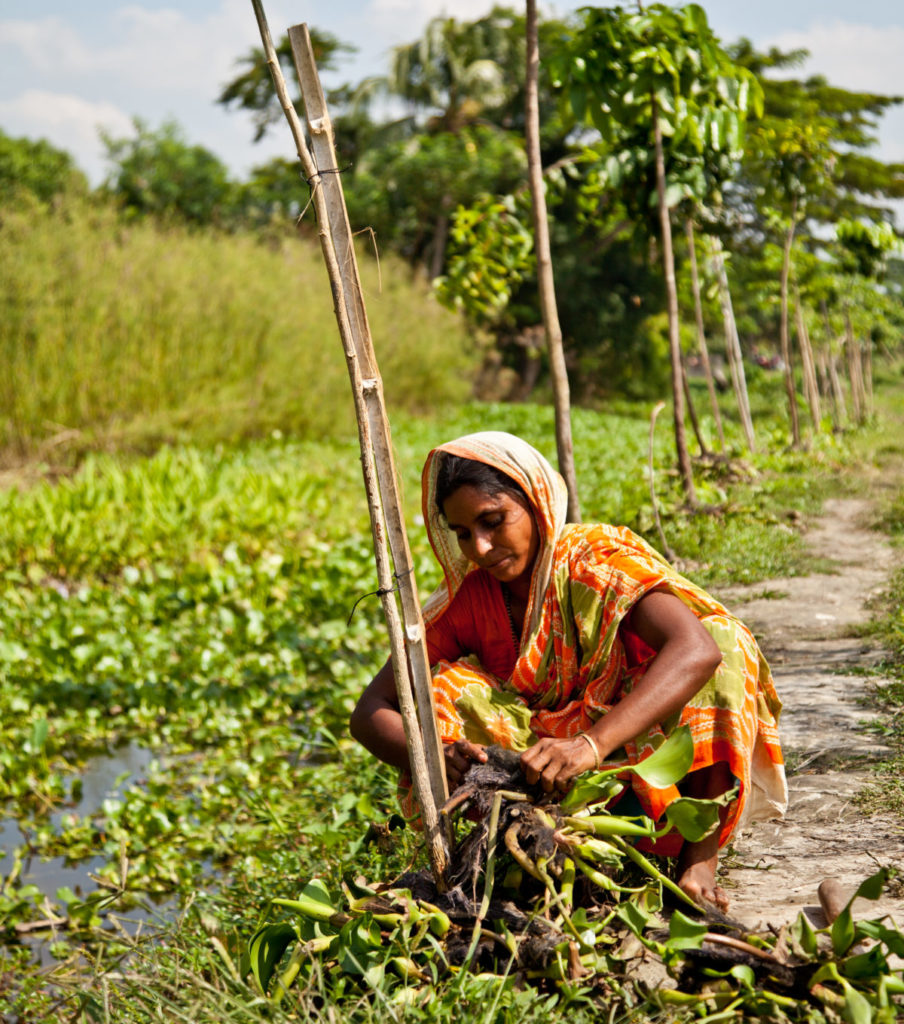
Therefore, we believe that Christians are called to be part of restoring broken relationships while we wait for that work to be completed when Christ returns.
Tearfund’s approach to overcoming poverty is holistic: we aim to restore all four different types of broken relationship. This approach goes beyond meeting basic needs to enabling and empowering people to flourish.
Relationship
with God
Relationship
with Self
Relationship
with Others
Relationship
with Environment
Human flourishing depends on a living relationship with God the Father through Jesus in the power of the Holy Spirit (Ephesians 2, John 15).
Shalom is about being right with God through repentance and the forgiveness of our sins. It is a gift, and not a human achievement, and it is dependent on God’s grace. God’s desire is that individuals respond to Christ’s invitation of a restored relationship with him, and love God with all their hearts, all their souls, all their minds and all their strength (Luke 10:27).
This response enables personal transformation, through the Spirit, which is reflected in a person’s character, values and behaviour.
This requires us to be aware of our identity in the eyes of God (Genesis 1:27, 1 Thessalonians 1:4) and to bring our body, mind, soul, feelings and will back into line with that identity. It also involves having the opportunity and security to use our gifts to the glory of God (1 Corinthians 12:12–30).
God’s desire is that individuals would understand they bear His image and show Him to the world in all areas of their life.
Restored relationships are characterised by love and respect, and by being able to work out differences with others, especially those people with whom we do not have an immediate affinity.
These differences may include gender, race, culture, status or religion. Before restoration, these relationships may be characterized by misunderstanding or ignorance, leading to conflict, abuse or violence. Being willing to listen and understand differences and resolve tensions through repentance, forgiveness and reconciliation is vital for restoring these relationships.
This also applies to our relationships with local government, national and international authorities and institutions, and with businesses. God’s desire is for individuals and communities to seek unity in a diverse world, and love others despite our differences.
Living sustainably means caring for the whole of creation (Genesis 1:26, 2:15), including the physical environment and living creatures, and maintaining environmental resources such as ecosystems and biodiversity.
Furthermore, it includes how we manage resources such as water, land, seeds and the air (including limiting emissions of harmful gases that lead to climate change), which in turn impacts the poorest and most vulnerable people.
We recognize that as human beings we have failed to do this well and God’s desire is for individuals to go back to his instruction to work the land and take care of it (Genesis 2:15) and honour the fact that all creation is God’s (Psalm 24:1).
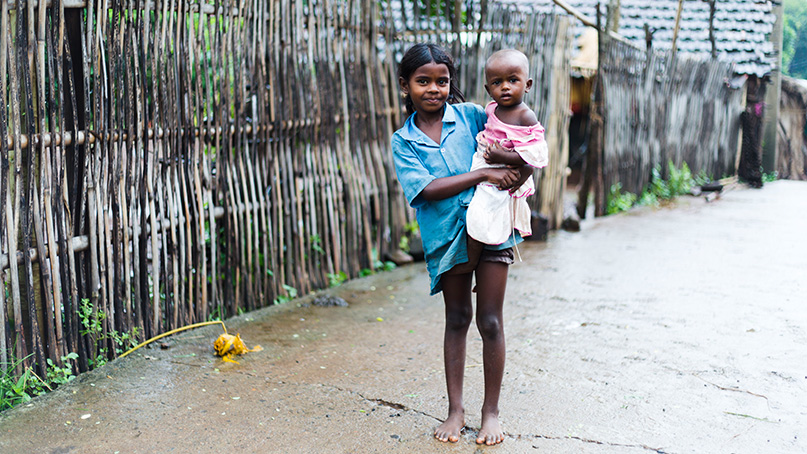
Change at the Global level
Having understood what change we want to see at a local level, our vision is to see these changes manifest into a global-level impact. Every individual and each community lives and operates within systems: economic, political, legal and social. As we have seen, these systems are also affected by broken relationships. We believe that for global systems to be restored, they need to work according to these three key principles:
Environment
Justice
Basic needs
First, to live responsibly within environmental limits. This means ensuring that our economy works with, rather than against, the creation that God has given us. In keeping with Psalm 24, we believe that the abundance of the earth belongs to all of us, and ultimately to God. That comes with responsibilities, both to exercise care in how we use it, and also to share the proceeds of that natural wealth fairly. In Leviticus 25, we see how the jubilee reset land ownership to prevent wealth inequality from building up over generations.
Second, everyone is able to meet their basic needs. This means providing an enabling environment and basic level of economic security and protection for every person on the planet. This is the foundation for human flourishing and all people being able to realise their potential.
Third, inequality is kept within reasonable limits. This encompasses both income inequality and wealth inequality, at national and international levels.8
Acknowledgements: Adapted from Tearfund UK’s booklet “Understanding Poverty” by Anna Ling and Hannah Swithinbank

